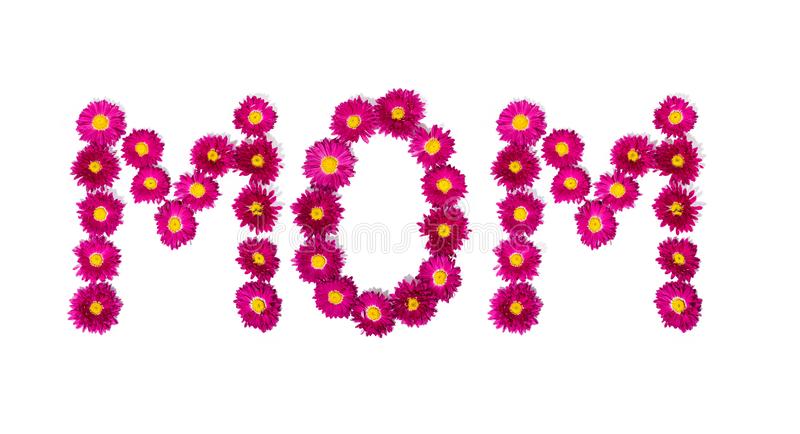I was not the only target of Mama's philosophy.
我不是媽媽處事哲學的唯一目標。
At one time or another, Mama had several dozen people in the neighborhood waiting for spring to relieve them of indigestion,
有那么一段時間,附近有幾十個人等著春天時,媽媽幫他們解決消化不良、
mice, domestic difficulties, and trouble with the horizontal hold on their television sets.
老鼠、家庭瑣事,以及電視機水平放置等等的各種麻煩。
Sometimes, sitting in school during history (which Mama promised me I'd find less boring in the spring),
有時,上歷史課時(媽媽答應我,春天我會覺得不那么無聊),
I would daydream my mother into other places and other times.
我會白日做夢媽媽去了別的地方,或出現在別的時間。
Once I saw her patting Napoleon on the back, after he got the news from the Russian front.
有一次我看到她拍拿破侖的背,那是在他得到俄國前線的消息之后。
("Maybe in spring ...") She was beside George Washington at Valley Forge, brushing snow off his epaulets.
(“也許在春天……”)她在福吉谷和喬治華盛頓在一起,擦去他肩章上的雪。
("In spring, maybe, you'll win the revolution.") She was looking over Thomas Edison's shoulder, comforting him in his early failures.
(“在春天,也許你會贏得革命。”)她看著托馬斯·愛迪生的肩膀,安慰他早年的那些失敗。
("Don't worry; maybe in the spring you'll try something new.")
(“別擔心,也許春天你會嘗試一些新東西。”)
I have been worrying for weeks now about what to give my mother for Mother's Day.
幾個星期以來,我一直在擔心母親節該送什么禮物給媽媽。
For most people, this is a modest problem, solved by the purchase of a bathrobe or a box of candy.
對大多數人來說,這并不是什么大問題,買一件浴袍或一盒糖果就可以解決。
For me, however, Mother's Day represents an annual challenge to do the impossible—find a gift that will make neither Mama nor me feel terrible.
然而,對我來說,母親節是一年一度挑戰不可能之事的時候,我要找到一份既不會讓媽媽也不會讓我自己感到難受的禮物。
Expensive gifts—which Mama defines as costing over $1.98—are out, because they make Mama feel terrible.
按照媽媽的定義,價值超過1.98美元的昂貴禮物已經過時了,因為它們讓媽媽感覺很糟糕。
("This is awful," she says, examining an apron. "I feel just terrible. You shouldn't have spent the money on me.")
(“這太可怕了,”她邊說邊查看一條圍裙。“我感覺糟透了,你不該把錢花在我身上。”)

Inexpensive presents—under $1.98—please Mama, but they make me feel terrible.
1.98美元以下的便宜禮物會讓媽媽高興,但它們讓我感覺糟透了。
There is always the danger that a gift given to Mama will bounce swiftly back to the giver.
送給媽媽的禮物總有被迅速退回給送禮者的危險。
If I buy her something wearable, she perceives in an instant that it could be let in here, let out there, and it would fit me perfectly.
如果我給她買些可穿戴的東西,她會立刻意識到,它可以放在這里,放在那里,它會非常適合我。
If I give her a plant, she cuts off the top for me to take home and root in a glass of water.
如果我給她一棵植物,她就會把它的頂部剪掉,讓我帶回家,然后把根部放在一杯水里。
If I give her something edible, she wants me to stay for lunch and eat it.
如果我給她吃的,她會把我留下來吃午飯。
Papa, a sensible man, long ago stopped trying to shop for Mama.
爸爸是個聰明人,很久以前就不再為媽媽買東西了。
Instead, on Mother's Day, her birthday, and other appropriate occasions,
取而代之的是,在母親節、她的生日和其他合適的場合,
he composes a short epic poem in which he tells of their meeting, courtship, and subsequent marriage.
他會寫一首短詩,講述他們的相遇、求愛和隨后的婚姻。
After nearly 30 years of poems, Papa sometimes worries that the edge of his poetic inspiration has dulled, but Mama doesn't complain.
經過近30年的詩歌創作,爸爸有時擔心他的詩歌靈感已經枯竭,但媽媽沒有抱怨。
She comes into the room while he is struggling over a gift poem and says, "It doesn't have to rhyme as long as it's from the heart."
當他為一首作為禮物的詩歌苦苦掙扎時,她會走進房間說:“只要是發自內心的,就不必押韻。”
This year, finally, I think I, too, have found a painless gift for Mama.
今年,我想我也終于為媽媽找到了一份輕松愉快的禮物。
I am going to give her a magazine article, unrhymed but from the heart,
我要送給她一篇發表在雜志中的文章,沒有贊美,但發自內心,
in which I wish her "Happy Mother's Day" and tell her there's nothing Papa or I could ever buy, find, or make her that would be half good enough anyway.
我在文章最后祝她“母親節快樂”,并告訴她,我和爸爸無法買到、找到或作出什么禮物,能與這份禮物相媲美。











